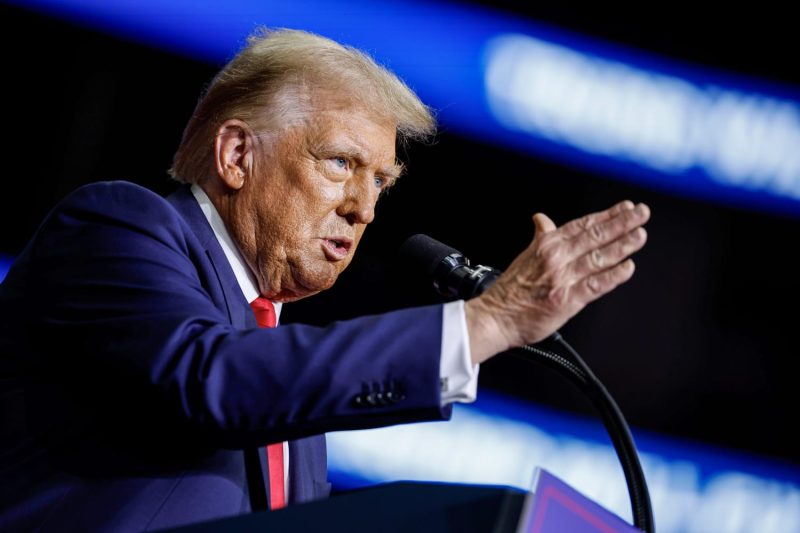In the wake of President Trump’s tariff threats, U.S. companies are being forced to navigate a complex landscape of lobbying and loopholes in order to mitigate the potential impact on their businesses. The uncertainty surrounding trade policies and the specter of increased tariffs have sent shockwaves through various industries, prompting executives to seek out strategies to safeguard their interests.
One of the primary tactics being employed by U.S. companies is the hiring of lobbyists to advocate on their behalf in Washington. Lobbying has long been a key tool for influencing government policy, and in the face of rapidly changing trade dynamics, companies are turning to experienced lobbyists to help shape the conversation around tariffs and other trade-related issues. These lobbyists work to educate lawmakers on the potential consequences of increased tariffs, as well as to push for policies that align with their clients’ interests.
Another avenue that companies are exploring is the pursuit of loopholes that could offer protection from the impact of tariffs. By identifying regulatory loopholes or seeking exemptions from specific tariff measures, companies hope to minimize the cost of doing business in the face of increased trade barriers. This can involve working closely with government agencies to navigate the complex web of regulations surrounding tariffs, as well as leveraging legal expertise to mount challenges to unfavorable trade policies.
In addition to external strategies like lobbying and loophole seeking, companies are also focusing on internal measures to adapt to the changing trade environment. This includes diversifying supply chains to reduce reliance on countries subject to tariffs, as well as exploring alternative markets for their products. By proactively adjusting their operations, companies aim to mitigate the risks posed by unpredictable trade policies and safeguard their long-term competitiveness.
The current climate of trade uncertainty has created a sense of urgency among U.S. companies, driving them to seek out innovative solutions to navigate the challenges posed by tariffs. By leveraging a combination of lobbying, loophole seeking, and internal adjustments, companies are working to protect their bottom line and ensure their continued success in an increasingly volatile global economy. As they scramble to respond to President Trump’s tariff threats, U.S. companies are demonstrating resilience and adaptability in the face of unprecedented trade challenges.

